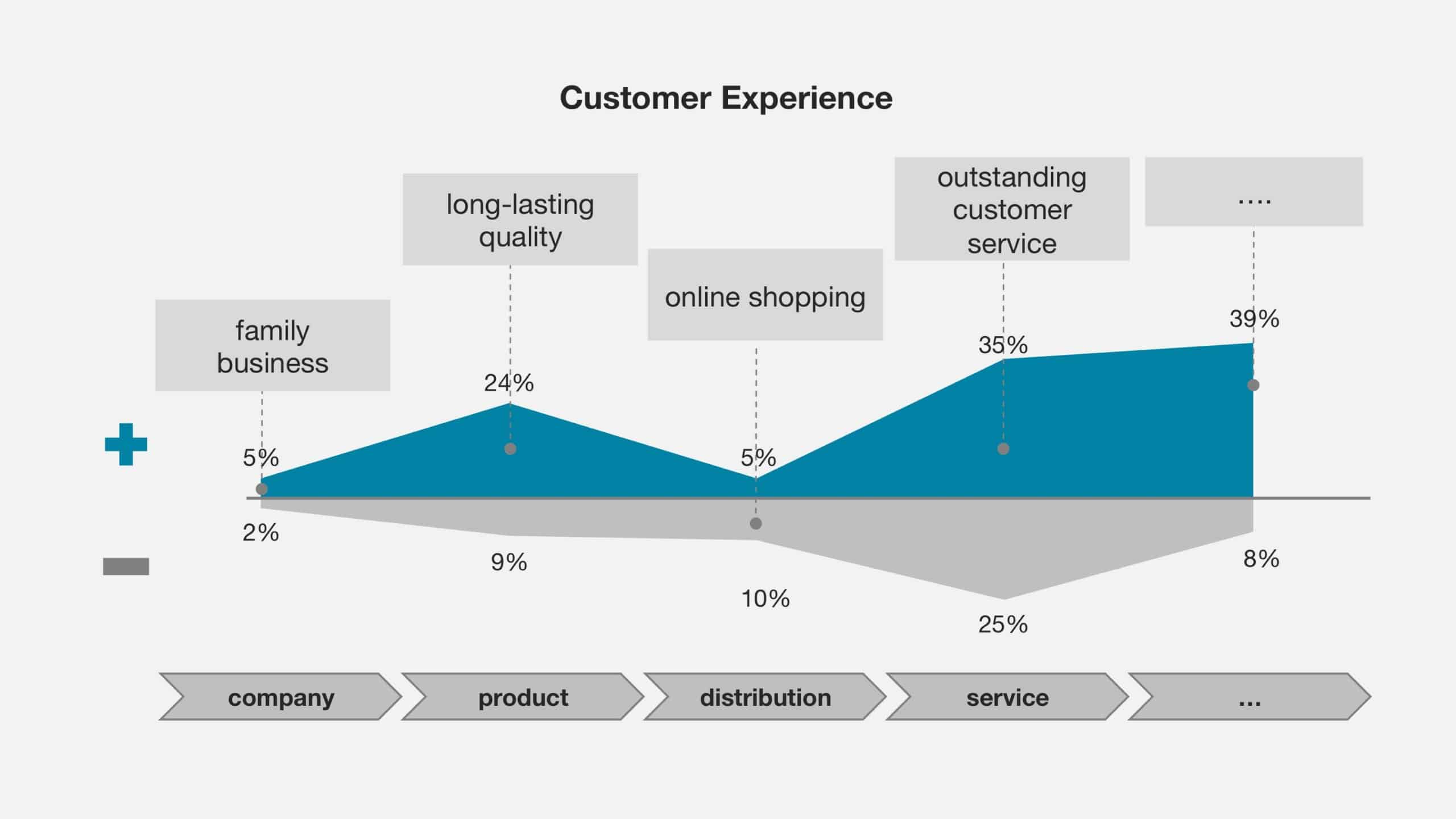
One pie, many recipes: Alternative paths to high brand strength
Brand strength, defined as an evaluative or behavioural response to a brand, is at the heart of brand management. This research studies the simultaneous influence of number, favourability, consensus (measured and perceived), and uniqueness of brand associations on brand strength in two product categories: gasoline



























